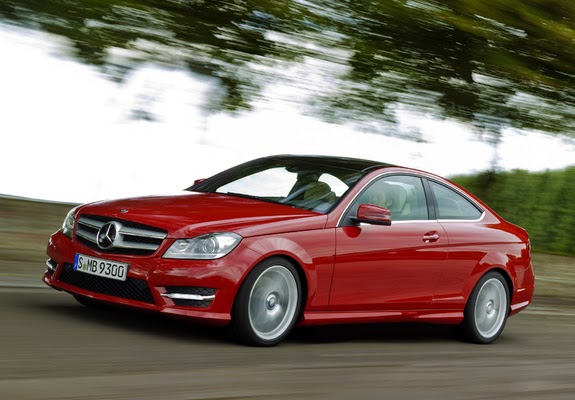With all the eyes on the new model,
Myk Belmonte assesses the second generation model that was a wallflower.
2012-2014 Mazda 3
History
The second time for a car is one crucial period, especially that period can bring numerous blessings to that car (sales success or recognition) or numerous mishaps and misfortunes which can further damage the brand and whatever surrounds it. Second hit successes that had gained sales recognition include the second generation CR-V and Accent while second hit misses include the Grand Vitara and X-Trail.
First launched to the world in 2009, the second generation Mazda 3 had its debut at the Los Angeles Auto Show with American markets getting it first. The platform is still shared with the Ford Focus and Volvo S40, but this one got larger than the previous model. You might not know this: development started in 2004, the year that the original model was introduced. Production ended in May 2013, with the third generation model being sold months later.
Our market got was the facelifted model, which was made available in 2012 in other overseas nations. The second generation Mazda 3 was one of the last (the distinction is held by the BT-50) Mazdas being handled by Ford Group Philippines before Berjaya Auto Philippines took responsibility in 2013. From launch, two 1.6 models (a hatchback and a sedan) were available and a less optioned Maxx model was added.
Value and Costs
When it was first launched, the base price started at P999,000 for a rather basic 1.6 sedan. Whether you call it "intentional" or not, this caused sales to be lower than the previous model which was a sales success. Due to this reason, only a handful second generation 3s can be spotted for sale which can be picked up for between P700,000-P850,000.
Since parts are similar with the first generation model, they can be used and mainlining one won't necessitate the need to skip meals. Units bought from January 2013 carry Berjaya's Youjin3 Program which gets free PMS for three years, or the equivalent of the warranty automakers usually offer for their vehicles.
Exterior and Interior
More curves and a halloween ready front grille are standard amenities of the exterior deisgn. From the looks of it, it gained more length, width, and height than the previous model. Try to look closer, notice that there is some resemblance to the first generation 3, only it was stretched to look bigger. Do take note Maxx models don't carry fog lamps as a standard option while a sun roof can be had with the hatchback and the 2.0 model.
Owners of the 2008-2013 Mazda 6 would feel loyal inside, since the interior materials and dashboard layout resemble its big brother. Quality of materials are on the high side, a good strength plus it uses a black finish inside that complements its sporty nature. Bad news: despite the extended dimensions given, space is not a suit since it is tight back there.
Engine
Basically, the 1.6 having 103hp and 144Nm and the 2.0 carrying 145hp and 182Nm from the MZR engine family are carryovers from the previous model. Same story goes with the antiquated 4-speed automatic, since rivals make do with 5 speeds during that time. Rounding up the engines, the 1.6 loves to be pushed hard but is one fun partner while the 2.0 that is paired to a 5-speed automatic is smooth but needs to be revved above 2,000rpm to show its potential.
Driving Impressions
Despite the mechanical settings being similar to the previous model, the fun to drive personality remains which the 3 was known for. It may be a delight for the driver but passengers wouldn't be happy since a harsh ride greets them throughout.
Verdict
While this one didn't sell well because of its stratospheric prices (which we repeat that it may be debatable), the Mazda 3 still carries the basic formula which made it a success.

















































